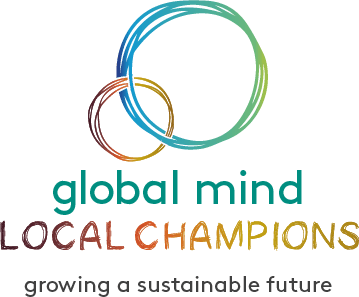20 January 2017
Making Sense of Sugar online content reaches 1 million views
Objective
AB Sugar is committed to playing a role in finding real, workable, evidence-based solutions to the issue of obesity and we regularly engage with all aspects of the obesity debate to understand different views.
What we did
Since its launch, we have provided 2020health (an independent, social change think tank) with two unrestricted educational grants which have funded two pieces of research. The first, a report entitled ‘Careless Eating Costs Lives’ (October 2014), identified a broad range of policy solutions whilst the second study, ‘Fat Chance? Exploring the evidence on who becomes obese’ (November 2015) highlighted issues in previously simplistic approaches to obesity and explored who exactly is becoming obese. This research has been shared with political, campaigning and governmental stakeholders both directly and indirectly. This included a partnership with the Spectator including a roundtable discussion with key influencers and a supporting podcast (https://health.spectator.co.uk/exploring-obesity-a-health-podcast-special/). Funding has also been provided to the British Nutrition Foundation (BNF) to undertake an impact assessment of its education work in schools, which is based on the government’s ‘Eatwell Guide’ and eight tips for healthy eating.
The Making Sense of Sugar website aims to help inform and educate people about sugar and the role it can play as part of a healthy balanced diet. It uses factual information based on robust science to help consumers make more informed choices about their own and their family’s diets. We commissioned an in-depth piece of research among our audience of parents which enabled us to gain a deeper understanding of their views and perceptions of sugar, obesity, diet and nutrition. This research delivered a broad range of insights, from how parents like to receive information (practical advice which could easily fit into their busy daily lives) through to who they trust for advice (nutritionists, doctors and other health professionals).
Results
We have established a team of experts comprising dieticians, dentists and chefs who work with us to develop simple information and tips to help parents make informed choices. Working with these experts, we have developed our digital and social media presence with a focus on delivering engaging, practical and straightforward content whilst always being based on fact.
For example, we developed a range of blogs looking at issues around children’s diets and providing tips on how to encourage good eating habits from an early age. We have also developed a series of short videos to help busy parents know what to look for on product labels when shopping.
Since launching the campaign, the website and social media content has reported over one million views.












